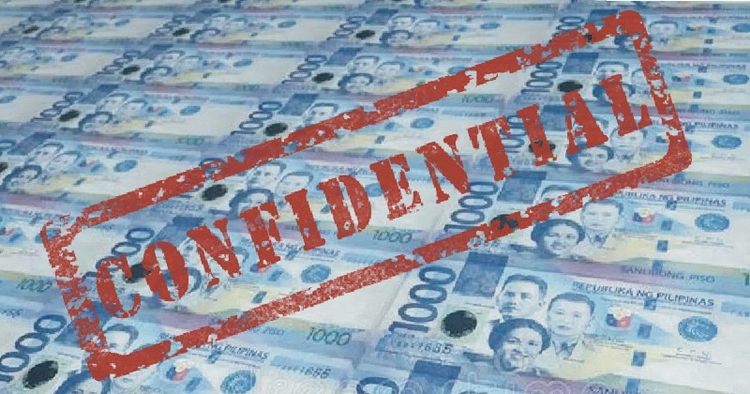The legality of confidential funds
Think of confidential funds in the government like a two-sided coin. On one side, they’re like a shield protecting our country from dangers we can’t always see coming. These funds give our government the power to move money quickly when something unexpected, like a terrorist threat or cyberattack, happens. That’s a good thing because it keeps us safer.
Confidential funds are also like a locked treasure chest for secrets. In today’s world, knowing things that others don’t can keep us safe. These funds help keep secret stuff, like spying on our enemies or doing things quietly to protect us.
They also help keep people who help the government, like spies or undercover agents, safe. We really need them on our side. There are rules and people who make sure these funds are used the right way and not for anything bad.

But there’s another side to this coin. Sometimes, too much secrecy can make it hard for us, the citizens, to know what’s going on with our government. We should be able to see at least some of what they’re doing.
We also worry that these funds could become a blank check, like giving someone a credit card with no limit. That could lead to the government spending too much or doing things that take away our rights.
So, it’s like walking on a tightrope. We need to find the right balance between keeping secrets to stay safe and making sure our government doesn’t do anything it shouldn’t. It’s up to us, the citizens, to watch and make sure these funds are used the right way for our country’s best interests.
For more news and the latest updates, feel free to visit Newspapers.ph more often as well as our Facebook page and YouTube channel.
Disclaimer: The opinions expressed in the above article belong solely to the author and do not reflect the views of the entire media organization. Additionally, the citations included are derived from credible sources and form the foundation of the author’s perspective. The author’s intent is not to present an inaccurate portrayal of the topic or exert influence on readers but rather to articulate their viewpoint in a formal manner.
